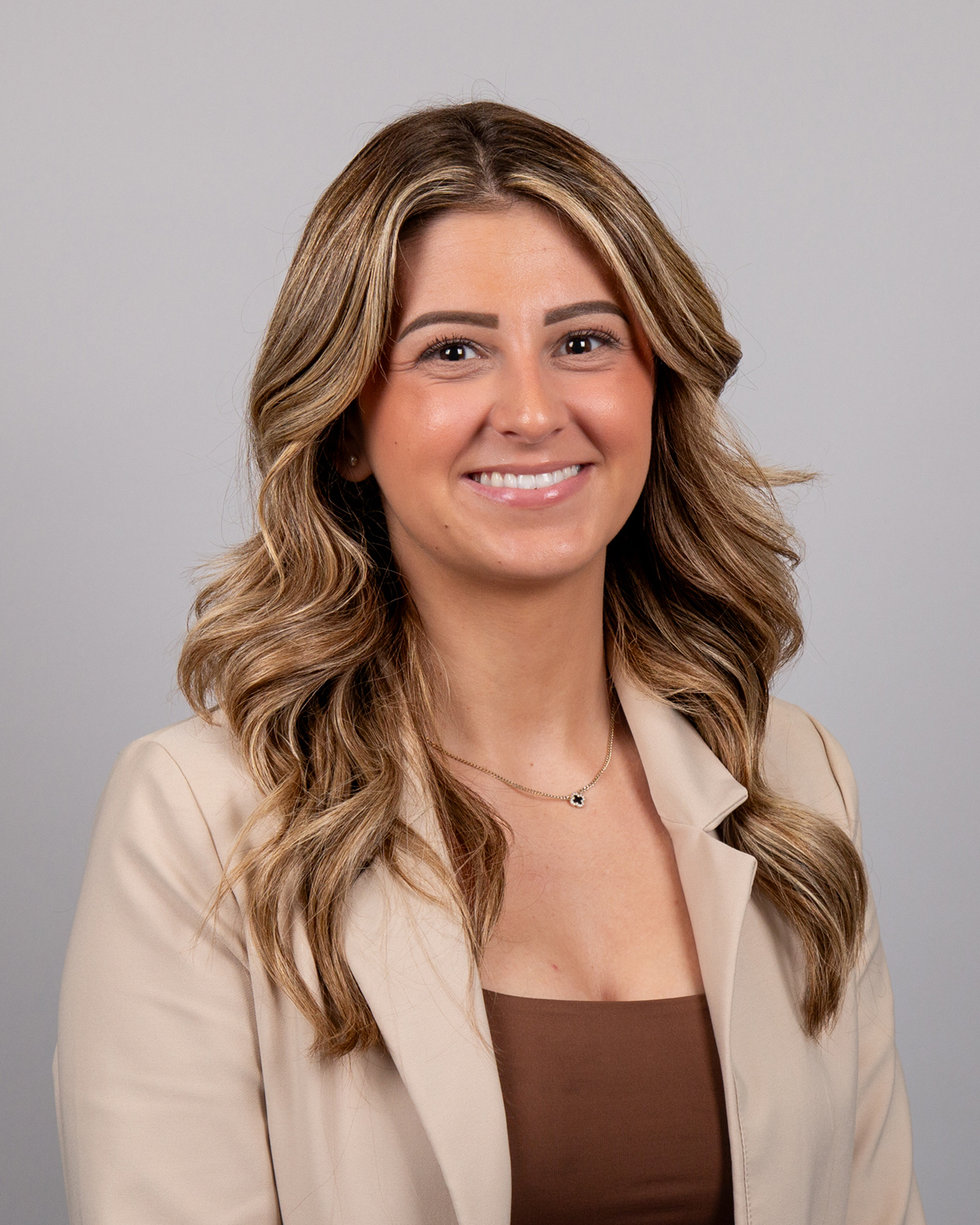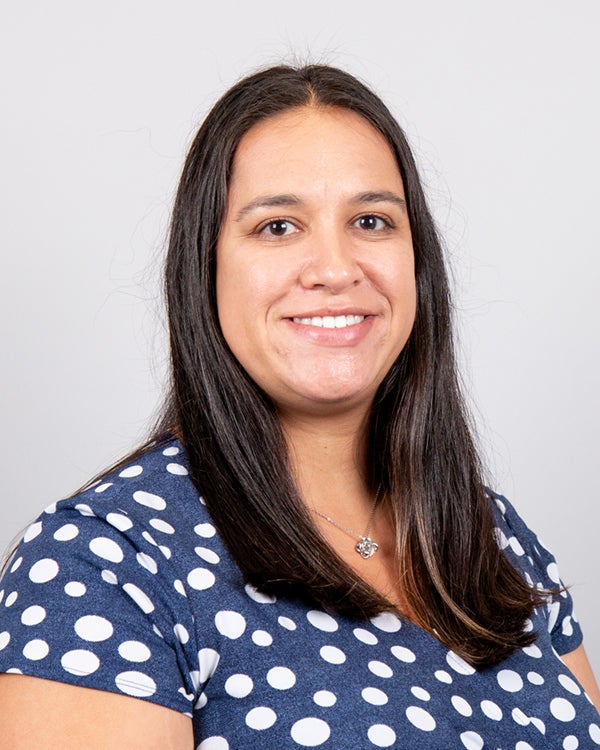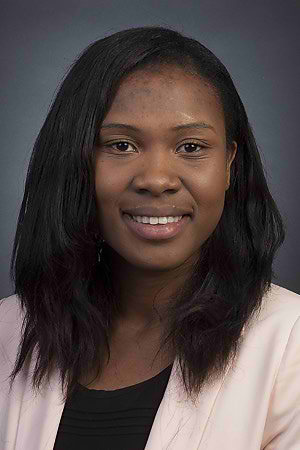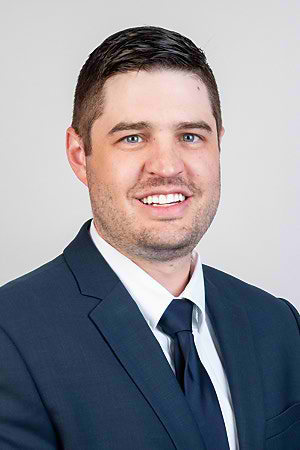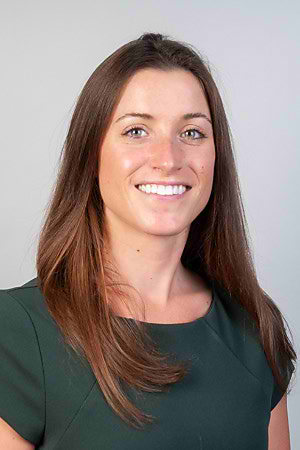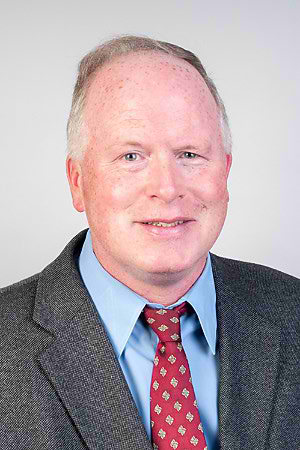Cobleskill Regional Hospital
Contact
Phone:
Emergency Department: (518) 254-3337
Administration: (518) 254-3270
Risk Management / Patient Safety: (607) 322-0932
Patient Representative Service: (607) 547-3912
Fax Numbers
Administration: (518) 234-4839
Ambulatory Care: (518) 254-3313
Health Information Management: (518) 254-3265
Laboratory: (518) 234-8630
Medical Imaging: (518) 254-3360
OT / PT: (518) 254-3335
Women’s Health: (518) 254-3133
Cobleskill Regional Hospital Services
Cobleskill Regional Hospital provides inpatient care for general medical conditions, an inpatient short-term rehabilitation unit, and more than 20 outpatient specialty services in areas such as:
- Cancer Care
- Cosmetic Surgery
- Diabetes Care and Treatment
- Ear, Nose, and Throat Care (ENT)
- General Surgery
- Heart Care
- Interventional Pain Management
- Laboratory Services
- Lung and Respiratory Health
- Medical Imaging
- Neurology
- OB-GYN & Women’s Health
- Orthopedics
- Pharmacy
- Physical Therapy
- Platelet Rich Plasma Therapy
- Short and Long Term Rehabilitation Services
- Sleep Disorders Center
- Urology
Cobleskill Regional Hospital’s Emergency Department is staffed at all times by highly qualified physicians and nurses who provide rapid assessment and expert treatment 24 hours a day, 7 days a week. Cobleskill Regional Hospital is the only hospital in Schoharie County.
Drug Collection Kiosk in Cobleskill Regional Hospital lobby
We're proud to offer drug collection kiosks at various locations throughout our network to help our community members clean out their medicine cabinets safely! Just bring your unneeded, unwanted, and/or expired medications to any of these kiosks for free, safe disposal — no questions asked.
At Cobleskill Regional Hospital, the drug collection kiosk can be found in the hospital lobby.

- This service is open to the public — you do not need to be a Bassett patient to participate.
- The program covers over-the-counter, prescription, and veterinary (pet) medications.
- Only pills and liquids can be deposited in the kiosks. Inhalers and sprays should be brought to one of the pharmacy locations to be collected at the pharmacy window.
- This program does not accept needles and other sharps. Patients should ask their primary care provider about properly disposing of sharps.
- Participants should only deposit medications prescribed to themselves, a dependent, or someone who is deceased.
- Medications do not need to be in their original containers.
- Thousands of Americans call poison control lines, get admitted to the hospital, or die each year due to home medication errors or accidental consumption. Eliminating unneeded medications can save lives — especially those of children, elderly people, and pets.
- Prescribed painkillers are often sought out by people struggling with addiction. Disposing of unneeded pain medications can help fight the opioid epidemic.
- Medications dumped in landfills or flushed down toilets contaminate soil, groundwater, rivers, and oceans. Returning drugs to hospitals and pharmacies to be properly disposed of protects wildlife and community water supplies.
Community Health Needs & Community Services Plan
Schoharie County Community Health Needs Assessment and Community Service Plan 2022-2024
Related Events
 Childbirth Preparation Class in Cobleskill
Childbirth Preparation Class in Cobleskill
Obstetrics & Maternity Care
Childbirth Preparation Class in Cobleskill
Saturday, March 21, 2026
9:30 am - 4:00 pm
 Childbirth Preparation Class in Cobleskill
Childbirth Preparation Class in Cobleskill
Obstetrics & Maternity Care
Childbirth Preparation Class in Cobleskill
Saturday, May 16, 2026
9:30 pm - 4:00 pm
 Childbirth Preparation Class in Cobleskill
Childbirth Preparation Class in Cobleskill
Obstetrics & Maternity Care
Childbirth Preparation Class in Cobleskill
Saturday, July 18, 2026
9:30 am - 4:00 pm
 Childbirth Preparation Class in Cobleskill
Childbirth Preparation Class in Cobleskill
Obstetrics & Maternity Care
Childbirth Preparation Class in Cobleskill
Saturday, September 19, 2026
9:30 am - 4:00 am
 Childbirth Preparation Class in Cobleskill
Childbirth Preparation Class in Cobleskill
Obstetrics & Maternity Care
Childbirth Preparation Class in Cobleskill
Saturday, November 21, 2026
9:30 am - 4:00 pm
